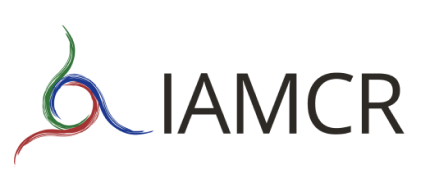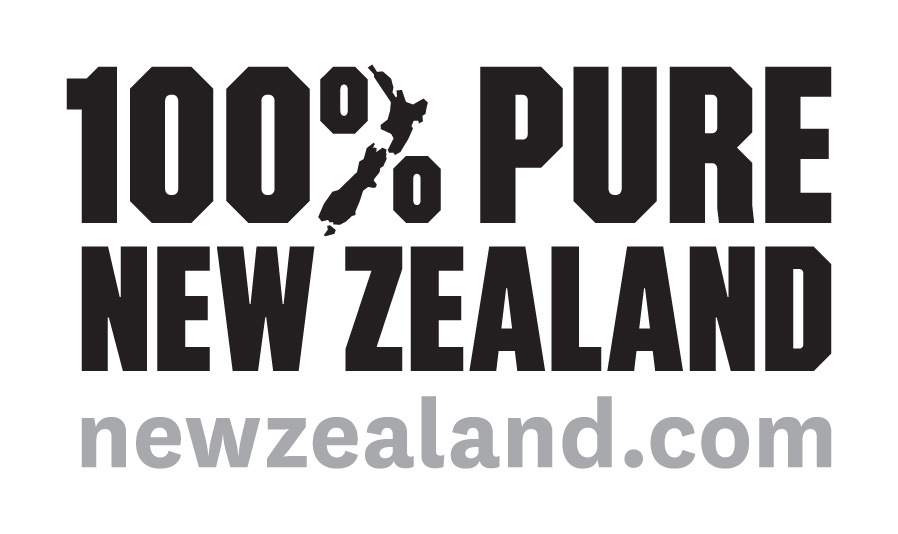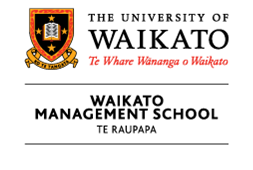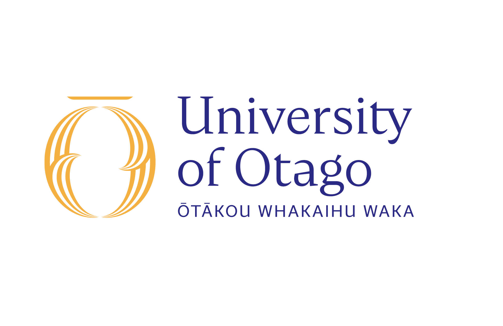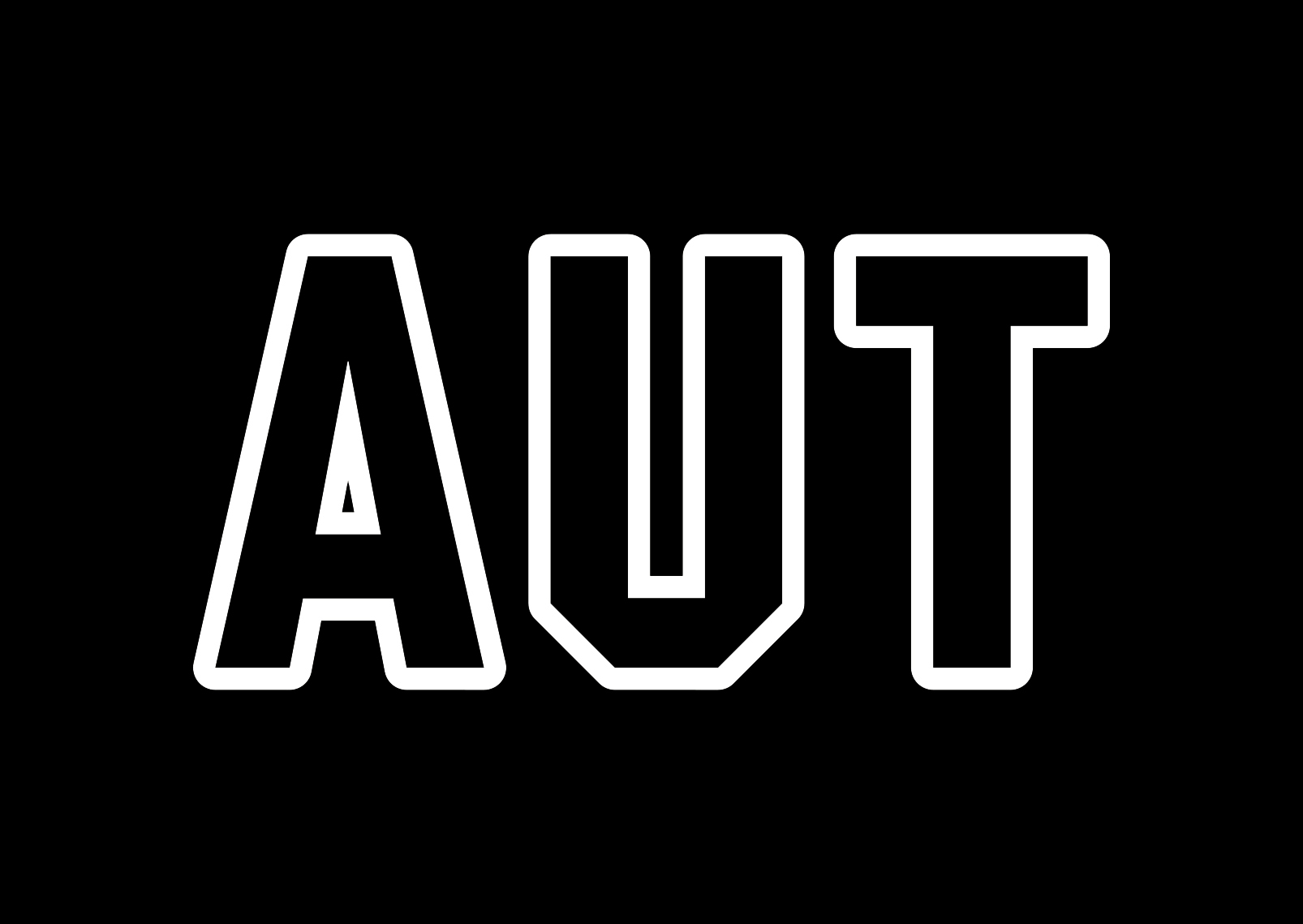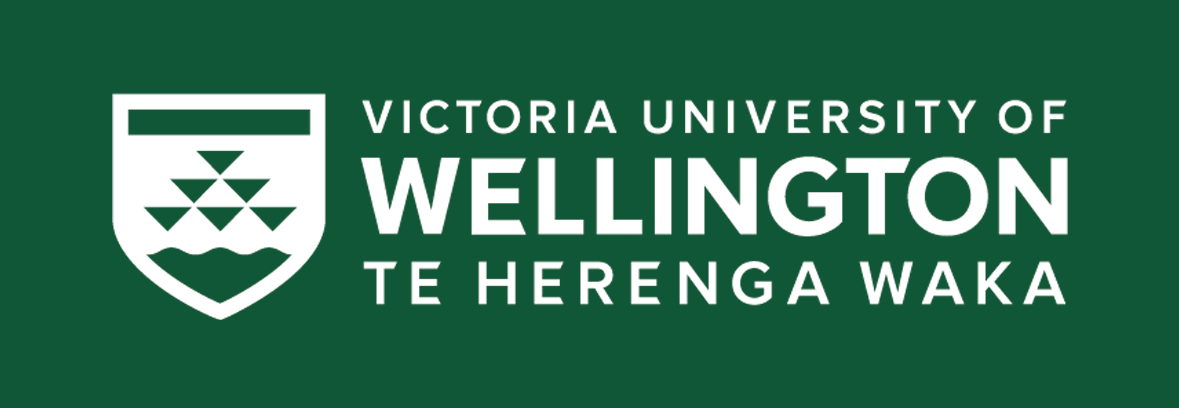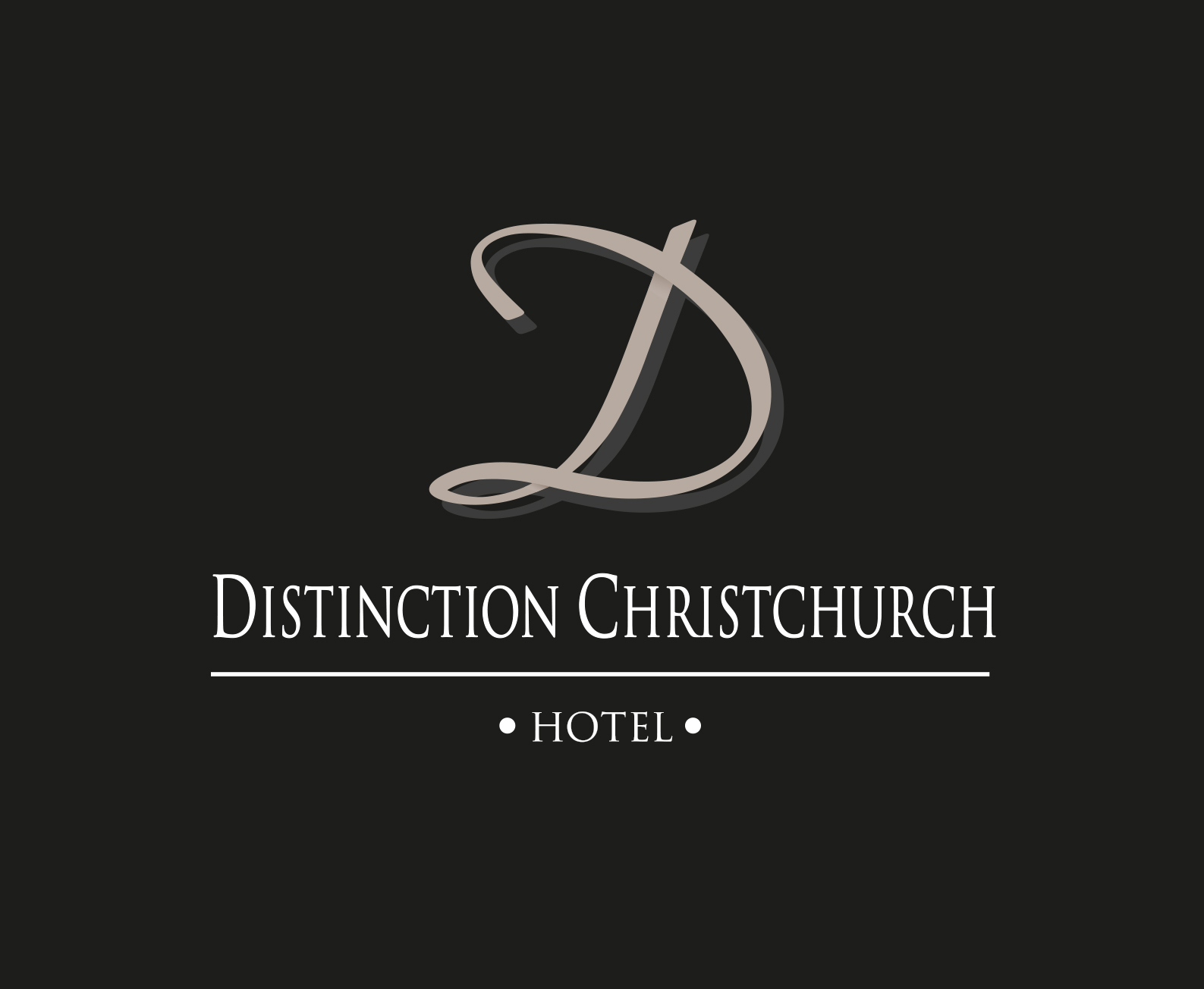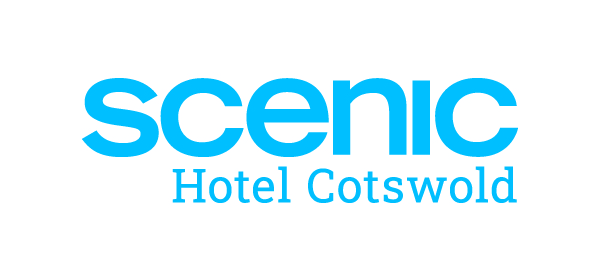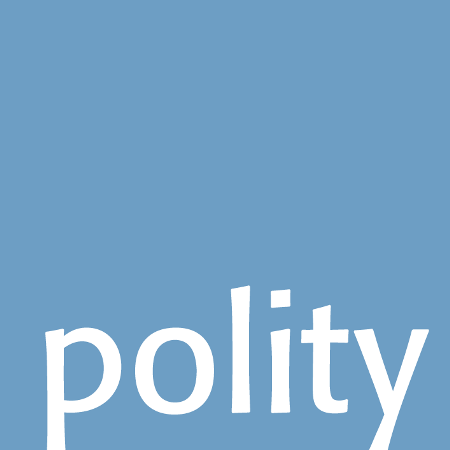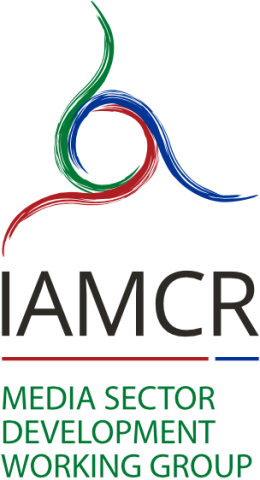
The Media Sector Development (MSD) Working Group of the International Association for Media and Communication Research (IAMCR) invites the submission of proposals for papers and panels for IAMCR 2024, which will be held in Christchurch, New Zealand, from 30 June to 4 July 2024.
The deadline for submission is 7 February 2024, at 23h59 UTC.
See the CfPs of all sections and working groups
Theme
IAMCR conferences address many diverse topics defined by our 33 thematic sections and working groups. We also propose a single central theme to be explored throughout the conference with the aim of generating and exploring multiple perspectives. This is accomplished through plenary and special sessions, as well as in some of the sessions of the sections and working groups.
The central theme for 2024 focuses on "Whiria te tāngata / Weaving people together: Communicative projects of decolonising, engaging, and listening" - which draws upon a Maori proverb about the strength that comes through common purpose.
This theme is designed to bring attention to both the commonality of mediated communication and the inequalities and differences in multicultural contexts. The conference invites reflection on the terms and models appropriate to describe contemporary communication as well as alternative ways of theorizing and evaluating communication.
Consult a detailed description of the main theme
The Media Sector Development Working Group invites proposals that address the general IAMCR conference theme "“Whiria te tāngata / Weaving people together: Communicative projects of decolonising, engaging, and listening" in relation to ongoing debates and discussions related to media sector development. We also invite proposals that address the following themes:
Theme 1: Decolonizing and Localizing
We invite people to reimagine media development in an era of increased awareness and understanding of decoloniality and localization. Submissions could share on legacies of the New World Information and Communication Order, influences of non-Western normative theories of the press, globalization and globalization revisited and moving beyond colonial models of development.
The past year has been a big reminder of advances in post colonial social movements. This has important implications for the process of media development.
- How can we progress in efforts to develop the media and information ecosystems in a way that isn't just about "something donors do or support"?
- What does indigenous or locally led media development look like? Are there some good examples?
Theme 2: Media Reform for Democratic Renewal
Despite the spread of autocracy around the world, movements for democracy are constantly emerging – “bright spots” that unroot entrenched powers. Occasionally a movement takes hold, ushering in a new government and new commitment to democratic rights and freedoms. Establishing a vibrant and independent media system is often a priority in these openings. Independent journalism is a lifeline for pro-democracy activists during moments of political upheaval and transition. And, open and plural news media environment is essential for promoting good governance and rule of law, creating conditions for fair elections, and fostering citizen participation in policy deliberations. The democratic reform process itself often depends on the successful development of the media sector. However, the legacies of previous authoritarian regimes can be persistent. Reformers must struggle with entrenched political and business interests vying to retain a grip on the media.
Papers in this theme could explore one of the following questions:
- What policy reforms, regulations and institutions are most important to build and sustain an independent, pluralistic media sector?
- How do media advocates and civil society take advantage of policy windows that emerge during transitions?
- How can reform efforts be maintained over time, and overcome the inevitable setbacks that occur?
- How can the international community best support advocates, government reformers and others to advance a locally developed and owned roadmap for the media sector?
Theme 3: Media Sustainability
News media have seen public attention and advertising revenue diverted elsewhere amid the rise of social media. According to the global public relations firm Zenith, newspaper advertising revenue fell by half in the ten years ending in 2019. Both scholars and practitioners are currently concerned with understanding how societies can best allocate the resources needed to sustain news media that serve a public interest. The issue of media sustainability, or viability, was the focus of the 2021/2022 UNESCO Global Report on World Trends on Freedom of Expression and Media Development and the topic of the Forum on Information and Democracy’s New Deal for Journalism report. Several international donors and major implementing organizations working in media development have flagship initiatives that aim to address the question of media viability.
While the attention is justified, concerns exist about who drives the “sustainability agenda” and what is at stake. The term itself is frequently wielded with unspoken assumptions and hidden normative frameworks. In remaining consistent with the critical perspective found at the IAMCR and the Media Sector Development Working Group, we invite papers that look critically at our conceptions of media sustainability, and to ask how to build a more inclusive and contextually-driven understanding and movement for media sustainability.
Central to these concerns are questions of power, agency, localization, and institutional logics—within the globalized technological and market forces that are reshaping media systems, within the institutions of policy-making, and within the structures of international development that seek to foster media development.
- How can media sustainability be best conceptualized to account for power imbalances, agency, and the importance of context and localization?
- What are the implications of these concepts for research and data collection that seeks to elucidate media viability and inform policy and practice?
- What does “localization” mean in the context of global debates around the protocols, norms, and standards that govern the internet and emerging technologies with major consequences for media viability?
- What approaches to building media viability are consistent with this more bottom-up, democratic conceptualization of the issue while also likely to be effective?
- How should international assistance be configured to enable a truly inclusive and global movement for media sustainability?
Guidelines for abstracts
Abstracts are requested for papers to be presented in person at the conference in Christchurch. Abstracts submitted to the Media Sector Development Working Group should have between 300 and 500 words and must be submitted online here. Abstracts submitted by email will not be accepted.
The deadline to submit abstracts is 7 February 2024, at 23.59 UTC.
It is expected that each person will submit only one (1) abstract. However, under no circumstances should there be more than two (2) abstracts bearing the name of the same author, either individually or as part of any group of authors. The same abstract, or a version with minor variations in title or content, must not be submitted to more than one section or working group. Such submissions will be deemed to be in breach of the conference guidelines and will be rejected by the abstract submission system, by the Head of the section or working group or by the Conference Programme Reviewer. Authors submitting the same work to multiple Sections or Working Groups risk being removed entirely from the conference programme.
Proposals are accepted for both single papers and for panels with several papers (in which you propose multiple papers that address a single theme). Please note that there are special procedures for submitting panel proposals.
See important dates and deadlines to keep in mind
Evaluation Criteria
Submitted abstracts will generally be evaluated on the basis of:
- Technical merit
- Readability
- Originality and/or significance
- Use of or contribution to theory
- Relevance to the working group
Languages
The Media Sector Development Working Group will accept abstracts in English and Spanish for the 2024 conference.
See resources for IAMCR conference preparation and participation
For further information about the Media Sector Development Working Group, its themes, submissions, and panels please contact:
Co-chairs:
Nick Benequista NickB@ned.org
Susan Abbott susanabbott1@gmail.com
Vice-Chairs:
Winston Mano W.Mano@westminster.ac.uk
Jairo Lugo-Ocando jlugoocando@sharjah.ac.ae

